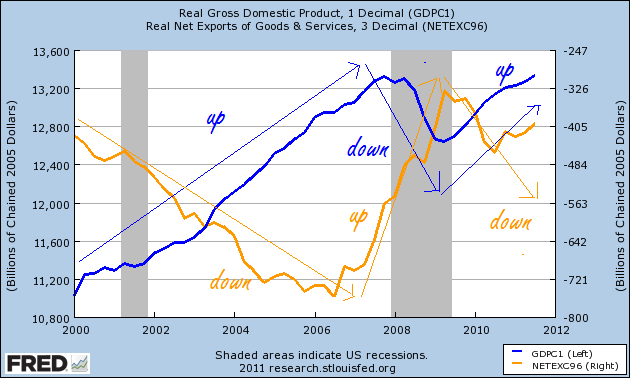- Thread starter
- #101
I am not opposed to USAs participation global trade nor do I advocate its volumes be limited.
Recognizing that trade deficits are ALWAYS detrimental to their nations GDPs, Im a proponent of the transferable Import Certificates, (ICs) proposal. It will not tolerate USAs assessed values of import goods exceeding our exports and the global markets IC prices effectively subsidize U.S. exports.
This IC proposal would indirectly increase the sum of USAs aggregate imports plus exports. (The trade policys entire USA expenses are eventually borne by U.S. purchasers of foreign goods).
Respectfully, Supposn
Recognizing that trade deficits are ALWAYS detrimental to their nations GDPs, Im a proponent of the transferable Import Certificates, (ICs) proposal. It will not tolerate USAs assessed values of import goods exceeding our exports and the global markets IC prices effectively subsidize U.S. exports.
This IC proposal would indirectly increase the sum of USAs aggregate imports plus exports. (The trade policys entire USA expenses are eventually borne by U.S. purchasers of foreign goods).
Respectfully, Supposn
Last edited:
